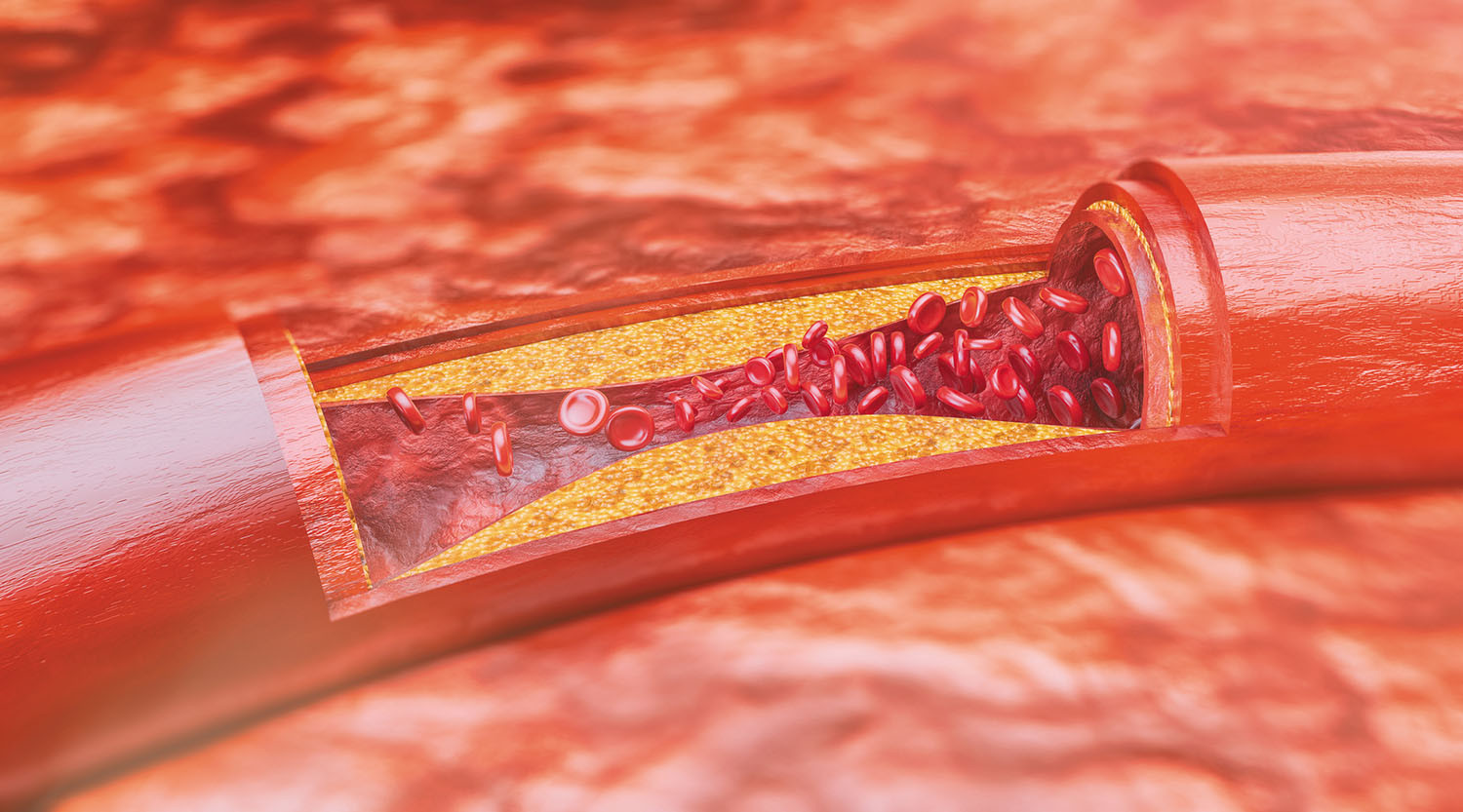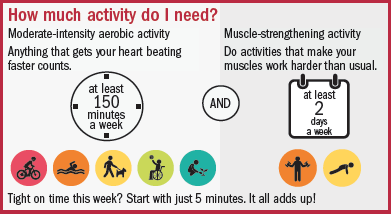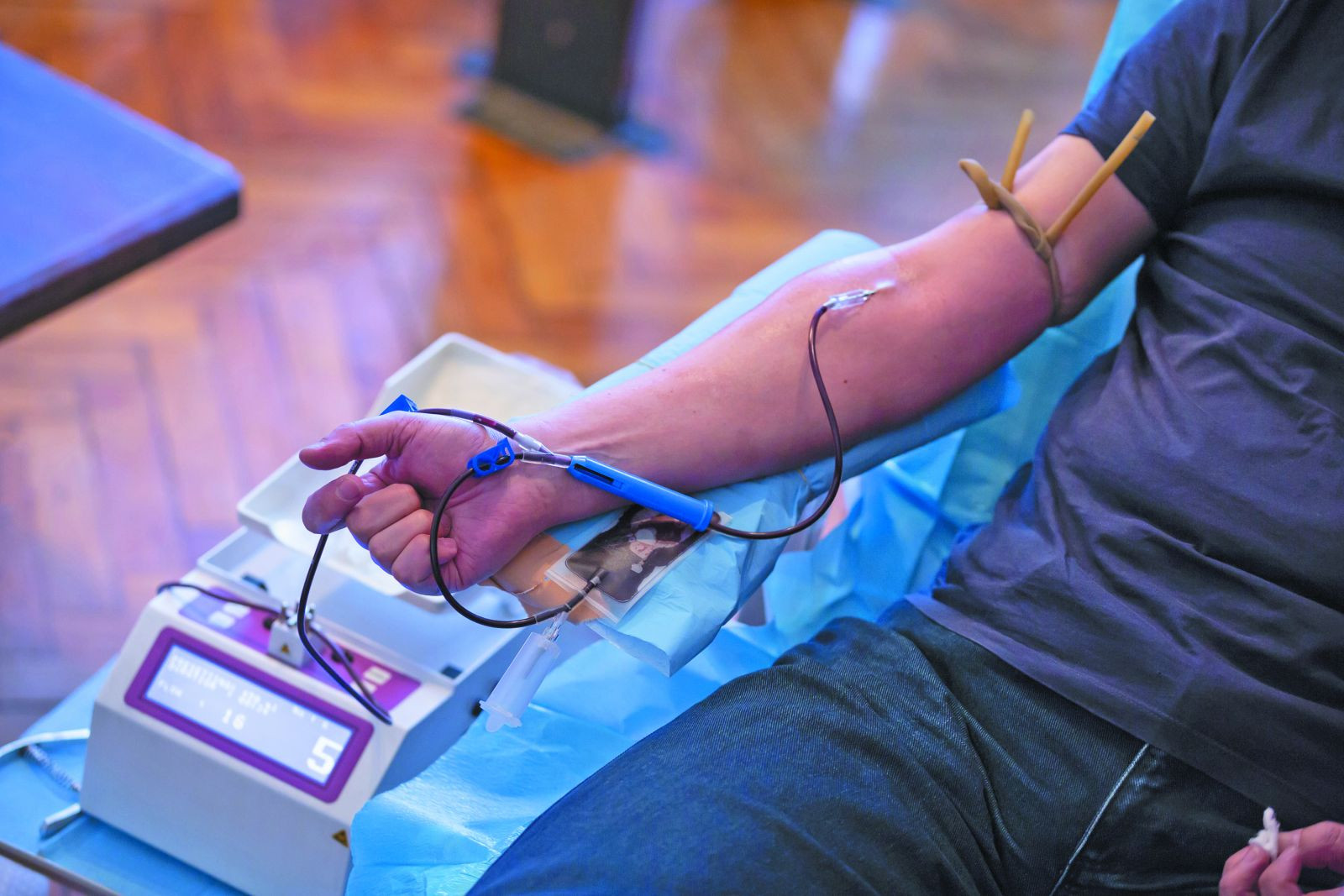Recent Blog Articles

How — and why — to fit more fiber and fermented food into your meals

Tick season is expanding: Protect yourself against Lyme disease

What? Another medical form to fill out?

How do trees and green spaces enhance our health?

A muscle-building obsession in boys: What to know and do

Harvard Health Ad Watch: New drug, old song, clever tagline

Concussion in children: What to know and do

What color is your tongue? What's healthy, what's not?

Your amazing parathyroid glands

When — and how — should you be screened for colon cancer?
Heart Health Archive
Articles
New insights about an inherited form of high cholesterol
Although uncommon, this genetic condition is responsible for most heart attacks that occur at a young age.
Very high LDL cholesterol levels usually result from dozens of genetic mutations that each raise LDL by a little bit.
Image: jarun011/Thinkstock
About one in 250 people has a genetic mutation that causes dangerously high cholesterol levels. Known as familial hypercholesterolemia, or FH, this condition can raise levels of harmful LDL cholesterol as high as 350 milligrams per deciliter (mg/dL)—more than three times higher than the desirable level of less than 100 mg/dL.
When an infection attacks the heart
The resulting inflammation can cause debilitating pain and may damage different parts of the heart.
People with certain heart valve problems should take antibiotics before dental procedures to lower their risk of endocarditis.
Image: Monkey Business Images/Thinkstock
Nestled deep in the chest and covered in a protective layer of tissue, your heart usually fends off infections. But bacteria and viruses in the blood occasionally invade the heart, creating inflammation and other problems. Often, these problems are short-lived and relatively benign. But sometimes, the infection and resulting inflammation are more worrisome.
Owner of a lonely heart?
Loneliness and social isolation have been linked to higher risk of having a heart attack, needing a procedure to clear blocked heart arteries, or experiencing a stroke.
FDA withdraws approval for two older cholesterol drugs
The FDA has withdrawn its approval for two older cholesterol-lowering medications, niacin and fenofibrate, for use in combination with a statin. Several large clinical trials found no heart-related benefits from the drugs.
Early signs of heart disease in people who drink sugary sodas
People who drink more than five sugar-sweetened sodas a week may be more likely to have signs of early heart disease compared with people who drink just one soda a week.
Atrial fibrillation: Diagnosing and treating an abnormal heart rhythm
An abnormal heart rhythm — when your heartbeat is too slow, too fast, or irregular — may be a fleeting, harmless event. But it may also be a symptom of a more serious heart condition. One of these common abnormal heart rhythms, known medically as arrhythmias, is atrial fibrillation.
Atrial fibrillation
In atrial fibrillation (afib, for short), the heart's upper chambers, or atria, quiver instead of beating normally. The result is a fast, irregular heartbeat, which may lead to dizziness and fatigue but is often symptomless. A related condition is called atrial flutter.
Understanding COPD from a cardiovascular perspective
Some of the causes and symptoms of this common lung disease overlap with those of heart disease.
Even though chronic obstructive pulmonary disease (COPD) is one of the nation's leading causes of death, many people don't know much about it. What's more, they may mistakenly attribute COPD symptoms — such as trouble breathing, fatigue, and chest tightness during physical activity — to either heart disease or aging.
But recognizing this common condition is important, because treatment and lifestyle changes can help quite a bit, says Dr. Marilyn Moy, a pulmonologist at the VA Boston Healthcare System and associate professor of medicine at Harvard Medical School. "There is far more awareness about heart disease than COPD, so when people have breathing-related symptoms, they often assume it's their heart," she says. Because the breathing challenges caused by COPD appear gradually, people may overlook them or simply adjust their activities to them. People may notice they can't walk as far as they used to, or do other things they enjoy, such as playing with their grandchildren or gardening, Dr. Moy says.
Avoiding atherosclerosis: The killer you can't see
Be proactive to ward off clogged arteries that can lead to heart attack, stroke, and even death.
Image: © CreVis2/Getty Images
Most people don't spend a lot of time thinking about atherosclerosis. After all, you can't see any buildup of waxy plaque that may exist in your arteries, and the disease doesn't make itself known until it's advanced. "It can progress for decades before you have symptoms like chest discomfort or shortness of breath," explains Dr. Ron Blankstein, a cardiovascular imaging specialist and preventive cardiologist at Harvard-affiliated Brigham and Women's Hospital.
Yet atherosclerosis quietly and invisibly puts many millions of people at risk for heart attack, stroke, leg amputation, disability, and even death.
Updated exercise guidelines showcase the benefits to your heart and beyond
Every little bit of activity counts — and the first steps toward fitness have the most impact.
Image source: hhs.gov
Without question, being physically active is the best thing you can do for your heart health. Here's the good news: according to new federal exercise guidelines, even just a few minutes of moving can count toward the recommended aerobic exercise goal of 150 minutes of moderate-intensity activity per week.
"Studies show that the total amount of energy expended is what's important for health, not whether it comes in short or long bouts," says Dr. I-Min Lee, a professor of medicine at Harvard Medical School who studies the role of physical activity in disease prevention. "This certainly is an encouraging message for people who are inactive," she adds, noting that the previous guidelines recommended exercising in sessions lasting at least 10 minutes.
In case my father needs a transfusion, should I donate blood?
Ask the doctor
Image: © Cylonphoto/Getty Images
Q. My father is having open-heart surgery because of blocked arteries, and I'm concerned that he might need a blood transfusion. I have the same blood type as he does, so should I donate blood in case he needs it?
A. Transfusions related to cardiovascular surgery are far less common today than in the past. One reason is the routine use of a "cell saver." This device suctions, washes, and filters lost blood and returns it to the person during surgery. Still, there is a reasonable chance your father might need a blood transfusion during or after his surgery. Many people undergoing open-heart surgery end up needing a transfusion, though rates do vary widely depending on the length and complexity of the surgery, as well as by surgical center.
Recent Blog Articles

How — and why — to fit more fiber and fermented food into your meals

Tick season is expanding: Protect yourself against Lyme disease

What? Another medical form to fill out?

How do trees and green spaces enhance our health?

A muscle-building obsession in boys: What to know and do

Harvard Health Ad Watch: New drug, old song, clever tagline

Concussion in children: What to know and do

What color is your tongue? What's healthy, what's not?

Your amazing parathyroid glands

When — and how — should you be screened for colon cancer?
Free Healthbeat Signup
Get the latest in health news delivered to your inbox!
Sign Up











